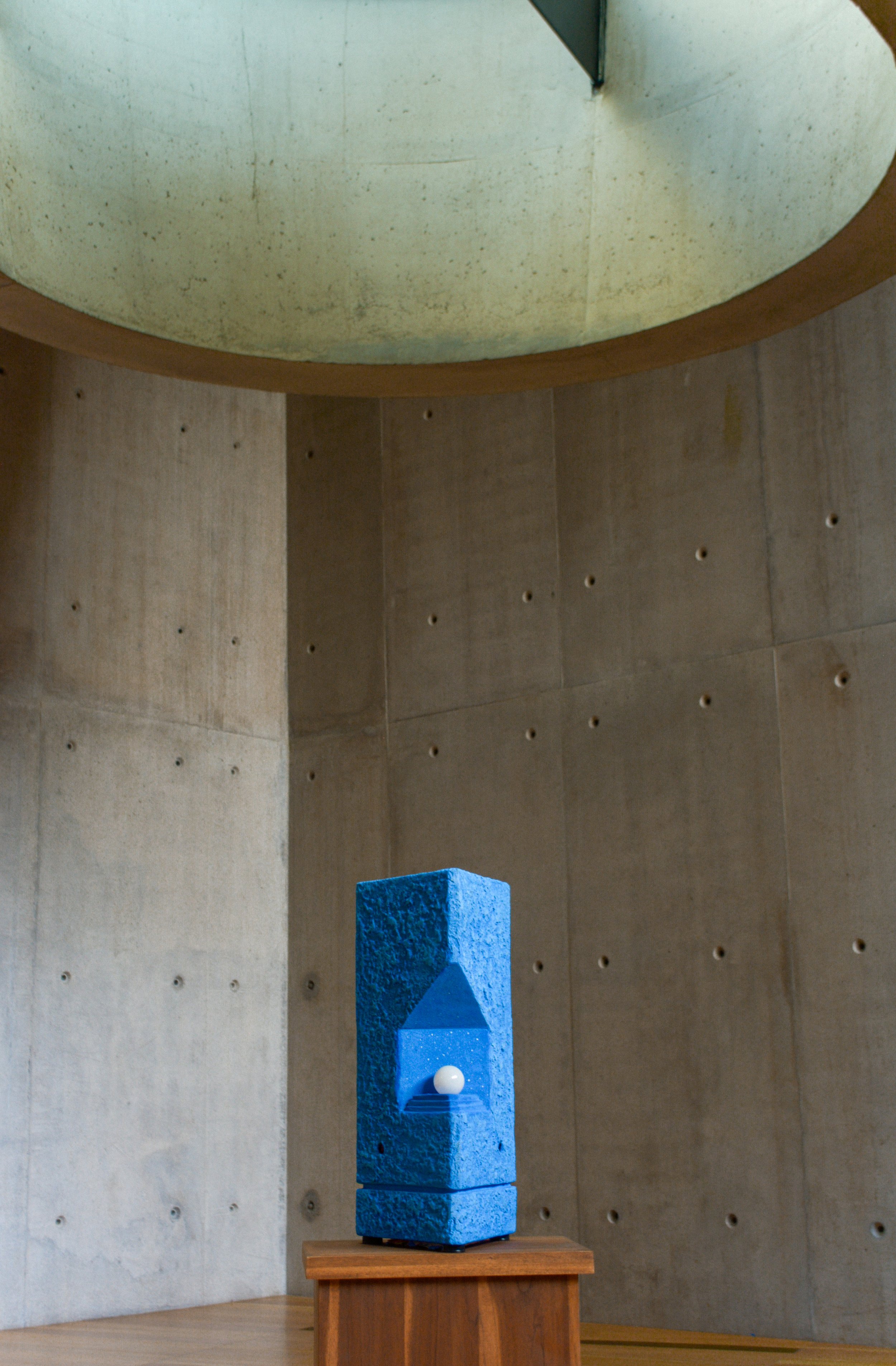Brief_ITESM_BASE_080822
THE WORKING CULT
Ana Cristina Campos Medina
Elsie Decrescenzo Guadalajara
Andrea García Lúa
TEC DE MONTERREY
Campus Monterrey
In a world where companies strive to create a corporate culture united under a collective goal, there is a risk that employees become workaholics, constantly striving to prove their productivity and performance. While following the values established by corporate cultures can foster a sense of community and determination among employees, it can also lead to an obsessive dedication to work that becomes the central focus of their lives.
As work becomes the central focus of their lives, employees may find themselves becoming increasingly isolated from their families and hobbies. This can lead to a troubling situation where work replaces other deities in their lives, becoming a kind of religion.
To address this issue, the Altar has emerged. The Altar is an object that serves as a physical manifestation of the company’s values and purpose. It provides a moment for collective ritual that reinforces the importance of the company’s goals while also allowing employees to reflect on their relationship with work.
At a specific time, employees gather around the Altar and engage in a collective act of worship, venerating work as the central purpose of their lives. The Altar serves as a reminder of the values that employees are expected to uphold and helps to reinforce the shared culture of the workplace.
While the idea of a Working Cult might seem extreme, it represents a powerful way to address the potential negative consequences of toxic corporate cultures.











